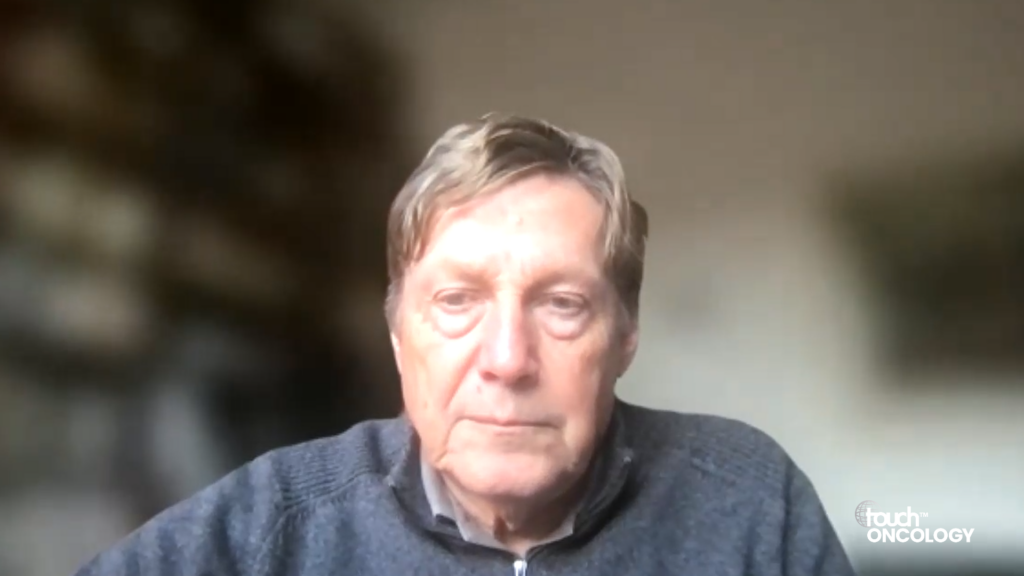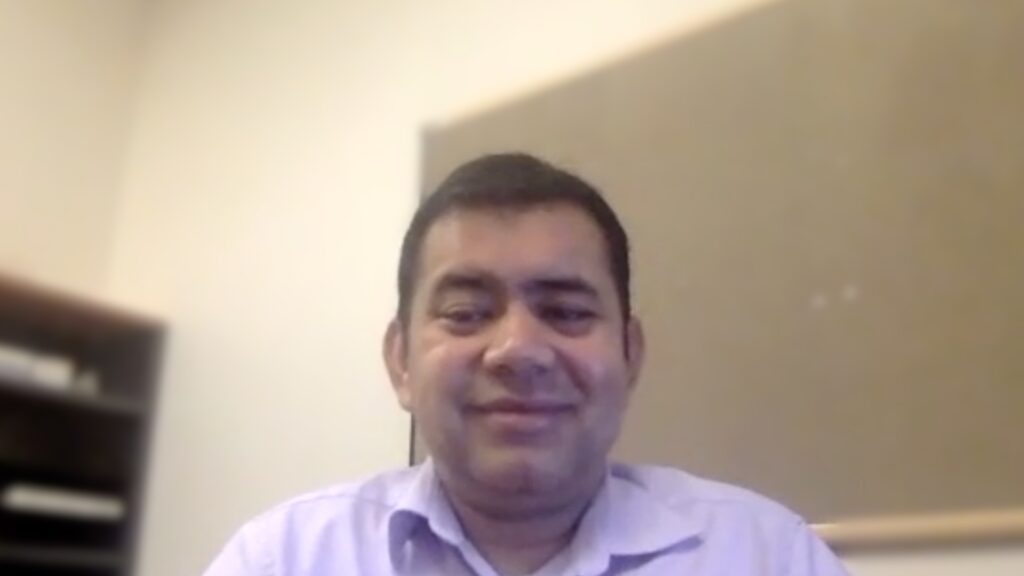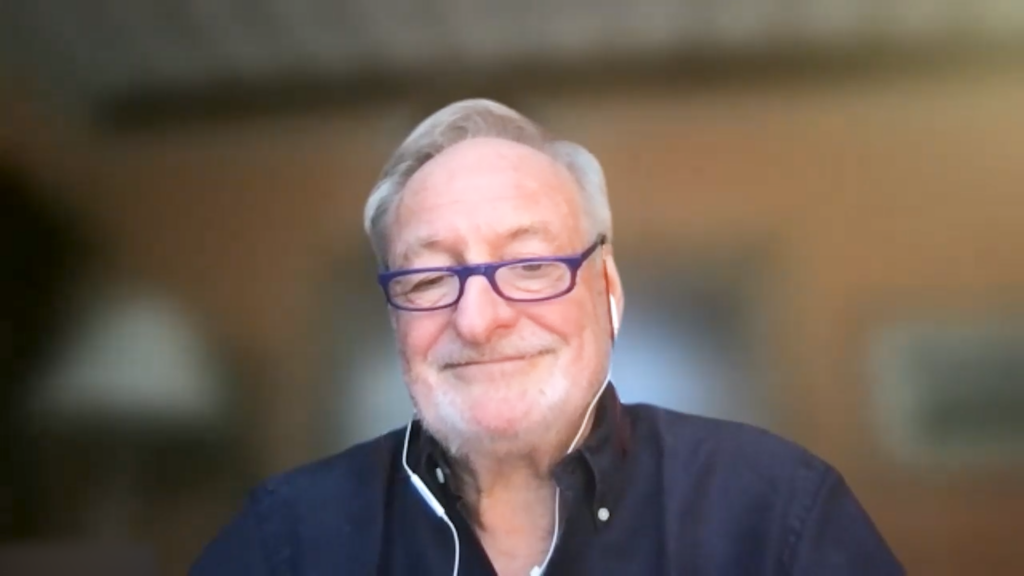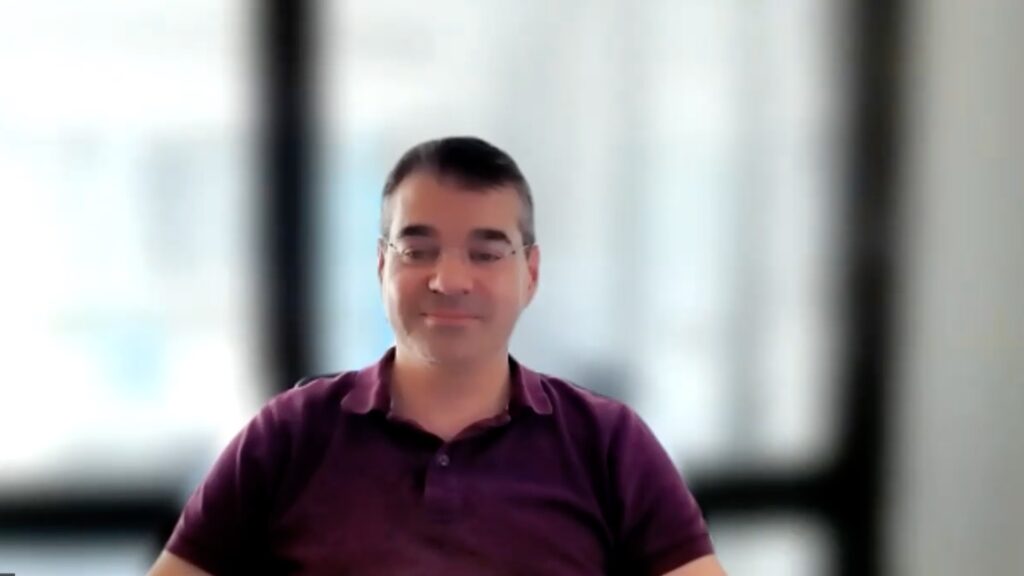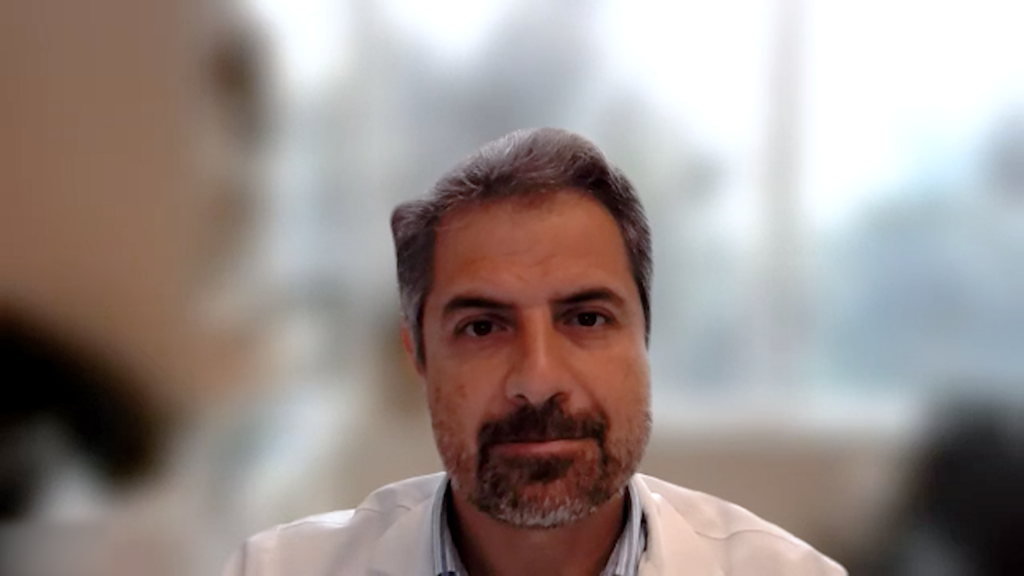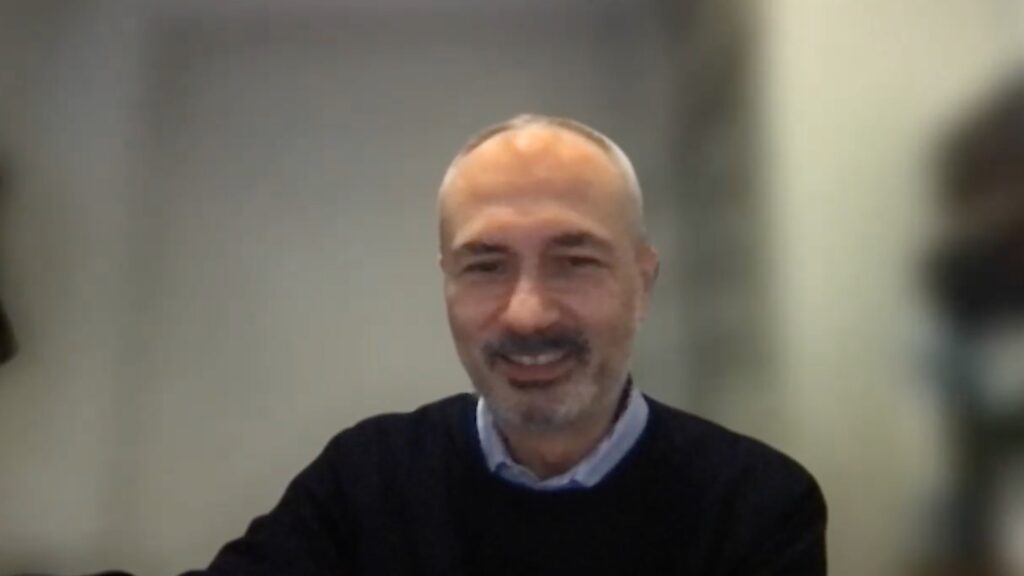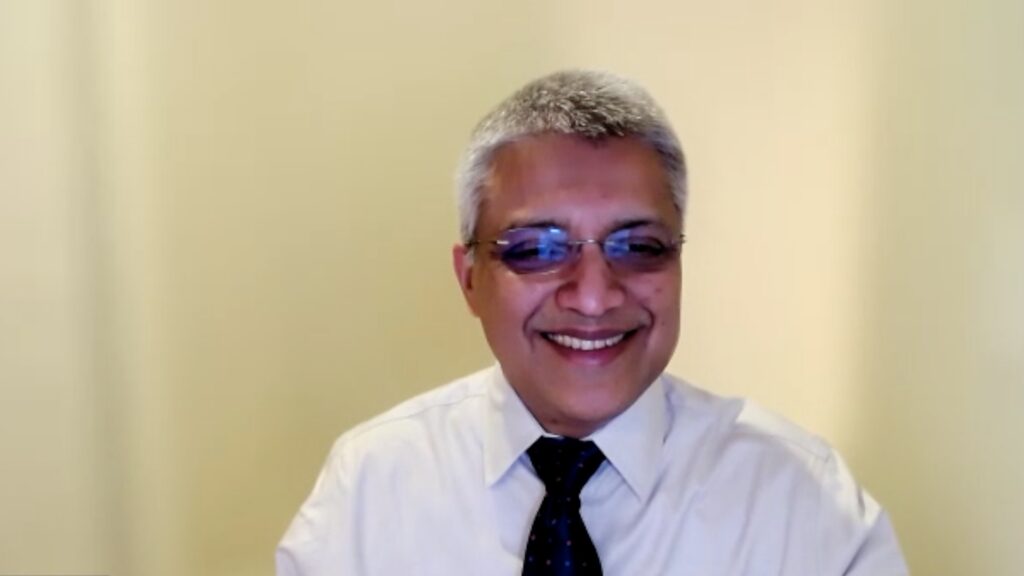Acute lymphoblastic leukaemia (ALL) is the most common malignancy diagnosed in children and accounts for more than one-quarter of all paediatric cancers.1 Around 85% of cases are B-cell precursor ALL (B-ALL).1 Dramatic improvements in survival rates have been achieved in newly-diagnosed children with ALL: from around 10% in the 1960s to almost 90% today.2 However, around 10–20% of patients relapse within 1 year of treatment.3,4 Relapsed ALL occurs in approximately 15–20% of patients, making it the fourth most common childhood malignancy.5 The current standard of care for relapsed ALL is intensive combination chemotherapy and allogeneic haematopoietic stem cell transplantation. However, only around one-third of relapsed patients experience long-term survival despite these aggressive approaches.3,5,6 Effective treatment options for relapsed and refractory paediatric ALL is therefore an important unmet need.
In recent years, a number of novel therapies have emerged, such as targeted therapy with monoclonal antibodies, personalised vaccines and immunotherapy. Blinatumomab, a CD3/CD19 bispecific antibody, received approval from the US Food and Drug Administration (FDA) in 2017 after demonstrating a complete response (CR) in 39% of patients in a phase I/II study;7 however, it has failed to demonstrate a high rate of durable remissions.8 By contrast, adoptive cell transfer (ACT), in which patients’ immune cells are genetically reprogrammed to recognise and attack cancer cells, has achieved high remission rates and durable survival benefits. This approach has generated a great deal of enthusiasm and was named the American Society of Clinical Oncology (ASCO) 2018 Advance of the Year.9 By far the most advanced method of ACT is chimeric antigen receptor (CAR) T-cell therapy, with tisagenlecleucel (Kymriah®; Novartis AG, Basel, Switzerland) being the first CAR T-cell therapy to receive regulatory approval. The CAR targets CD19, a protein that is expressed on the surface of B cells from early stages of development and is therefore present in most B-cell malignancies. In the phase II ELIANA trial, the first global trial of a CAR T-cell therapy, tisagenlecleucel produced durable responses in paediatric and young adult patients with CD19-positive relapsed or refractory B-cell ALL, with an overall response rate of 81%.10 As a result, tisagenlecleucel has been approved in the US, the EU, Canada and Switzerland for children and young adults with relapsed or refractory ALL.
Data from the 2-year follow up of the ELIANA study, including additional patients, were presented at the 61st American Society of Hematology (ASH) Annual Meeting, which was held on 1–4 December 2018 in San Diego, CA, US.11,12 Eligible patients were aged 3 years or over at screening and 21 years or under at diagnosis and had at least 5% leukaemic blasts in the bone marrow. Among 79 evaluable patients, who were followed for at least 3 months (median time from infusion to data cut-off was 24 months) and a CR or CR with incomplete blood count recovery (CRi) was seen in 82% (95% confidence interval [CI]: 72–90%) within 3 months of infusion. Of these, 98% had negative minimal residual disease. The relapse-free survival rate at 24 months was 62% and the median duration of remission and median overall survival (OS) were not reached, indicating that the responses were deep and durable. The probability of OS at 12 months was 76% (95% CI: 65–85%) and at 24 months was 66% (95% CI: 58–79%).11,12
The most common and serious adverse event associated with CD19 CAR T-cell therapy is cytokine release syndrome (CRS), which is caused by a proliferation of T cells, leading to substantial elevations in cytokines. Its effects range from fever and flu-like symptoms to potentially life-threatening episodes of hypotension and respiratory insufficiency.13 Some patients also experience neurotoxicity, which can include confusion, aphasia, encephalopathy and, less commonly, seizure. Intensive monitoring and prompt management of these toxicities are essential to minimise morbidity and mortality.14 In the updated analysis of the ELIANA study, grade 3/4 CRS occurred in 49% of patients. In addition, 13% of patients experienced grade 3 neurological events within 8 weeks of infusion. No grade 4 events or cerebral oedema occurred.11,12 These findings were consistent with previously reported findings and no new safety signals were seen.10
Lead author Stephan A Grupp, director of the Cancer Immunotherapy Program at Children’s Hospital of Philadelphia, PA, US, and professor of paediatrics in the Perelman School of Medicine at the University of Pennsylvania, PA, US commented: ‘This 2-year analysis is an exciting milestone for the field as it is the longest follow-up data for a multicentre CAR T-cell trial for those patients who have failed to respond to other treatment options. Seeing that the majority of responding patients from ELIANA are still in remission for this long after a one-time infusion further establishes Kymriah as a truly transformative treatment option.’
The use of CAR T-cell therapy is challenging at present. Many children are heavily pretreated with prior chemotherapy, resulting in insufficient T cell collection during leukapheresis.15 Another emerging concern is access: the price of a single infusion is a barrier to the widespread use of tisagenlecleucel, as is the fact that around one-quarter of patients require treatment for toxicities in intensive care units.14,16 In addition, not all patients receiving CAR T-cell therapy respond to it or experience durable remissions. Dual-targeting using CAR T cells is currently being investigated and may address this medical need.17 It may be beneficial to use CAR T cells at earlier disease stages, but this will require identification of the high-risk group of patients before they relapse and expose them to CAR T-cell therapy after the first relapse.
While a number of questions remain, the success of the ELIANA trial has given hope for thousands of children and young adults who relapse with B-ALL each year. This is a rapidly developing technology and the efficacy of CAR T-cell therapy is likely to improve due to the optimisation of its delivery, as well as new advancements in CAR T-cell engineering. The coming years are likely to see further dramatic progress.
References
- National Cancer Institute. Section 28: Childhood Cancer. In: Howlader N, Noone AM, Krapcho M, et al. (eds). SEER Cancer Statistics Review. 1975-2010. Bethesda, Md: National Cancer Institute, 2013.
- Hunger SP, Lu X, Devidas M, et al. Improved survival for children and adolescents with acute lymphoblastic leukemia between 1990 and 2005: a report from the children’s oncology group. J Clin Oncol. 2012;30:1663–9.
- Raetz EA, Bhatla T. Where do we stand in the treatment of relapsed acute lymphoblastic leukemia? Hematology Am Soc Hematol Educ Program. 2012;2012:129–36.
- Bhojwani D, Pui CH. Relapsed childhood acute lymphoblastic leukaemia. Lancet Oncol. 2013;14:e205–17.
- Gaynon PS. Childhood acute lymphoblastic leukaemia and relapse. Br J Haematol. 2005;131:579–87.
- Tallen G, Ratei R, Mann G, et al. Long-term outcome in children with relapsed acute lymphoblastic leukemia after time-point and site-of-relapse stratification and intensified short-course multidrug chemotherapy: results of trial ALL-REZ BFM 90. J Clin Oncol. 2010;28:2339–47.
- von Stackelberg A, Locatelli F, Zugmaier G, et al. Phase I/phase II study of blinatumomab in pediatric patients with relapsed/refractory acute lymphoblastic leukemia. J Clin Oncol. 2016;34:4381–9.
- Gore L, Locatelli F, Zugmaier G, et al. Survival after blinatumomab treatment in pediatric patients with relapsed/refractory B-cell precursor acute lymphoblastic leukemia. Blood Cancer J. 2018;8:80.
- Heymach J, Krilov L, Alberg A, et al. Clinical Cancer Advances 2018: Annual report on progress against cancer from the American Society of Clinical Oncology. J Clin Oncol. 2018;36:1020–44.
- Maude SL, Laetsch TW, Buechner J, et al. Tisagenlecleucel in children and young adults with B-cell lymphoblastic leukemia. N Engl J Med. 2018;378:439–48.
- Grupp SA, Maude SL, Rives S et al. Updated analysis of the efficacy and safety of tisagenlecleucel in pediatric and young adult patients with relapsed/refractory (r/r) acute lymphoblastic leukemia. Presented at: 61st American Society of Hematology Annual Meeting, San Diego, CA, US, 3 December 2018. Abstr 895.
- Novartis. Novartis announces longer-term analyses from pivotal Kymriah® trials that showed durable responses are maintained in patients with advanced blood cancers. 2018. Available at: www.pharma.us.novartis.com/news/media-releases/novartis-announces-longer-term-analyses-pivotal-kymriah-trials-showed-durable (accessed 8 February 2019).
- Shimabukuro-Vornhagen A, Godel P, Subklewe M, et al. Cytokine release syndrome. J Immunother Cancer. 2018;6:56.
- Neelapu SS, Tummala S, Kebriaei P, et al. Chimeric antigen receptor T-cell therapy – assessment and management of toxicities. Nat Rev Clin Oncol. 2018;15:47–62.
- Allen ES, Stroncek DF, Ren J, et al. Autologous lymphapheresis for the production of chimeric antigen receptor T cells. Transfusion. 2017;57:1133–41.
- Prasad V. Immunotherapy: Tisagenlecleucel – the first approved CAR-T-cell therapy: implications for payers and policy makers. Nat Rev Clin Oncol. 2018;15:11–2.
- Martyniszyn A, Krahl AC, Andre MC, et al. CD20-CD19 bispecific CAR T cells for the treatment of B-cell malignancies. Hum Gene Ther. 2017;28:1147–57.



